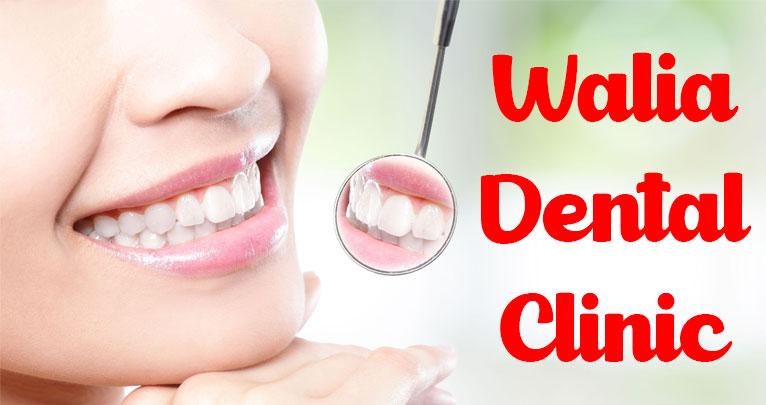|
Chewing or
smoking tobacco can make your breath
smell bad. This bad breath stays with you
even when you're not smoking or chewing. The
only way to eliminate this problem is to
quit smoking or chewing. You will be amazed
by how much better your breath will smell.
Other benefits will include a better sense
of taste.
If you have dentures,
braces, or other mouth gear, they can cause
bad breath if they are not kept clean. Be
sure to follow the recommendations of your
dentist for taking care of these appliances
properly. Certain medical problems may also
contribute to bad breath. Talk to your
dentist about the possibilities. For
example, sinus problems that cause drainage
into the throat may sometimes lead to mouth
odor. In general, bad breath becomes more of
a problem as you age.
Talk to your dentist
about mouth rinses because most
over-the-counter mouthwashes only cover up
bad breath for a short period of time. If it
is appropriate your dentist may suggest a
prescription for a mouth rinse that helps
kill odor-causing bacteria.
|
